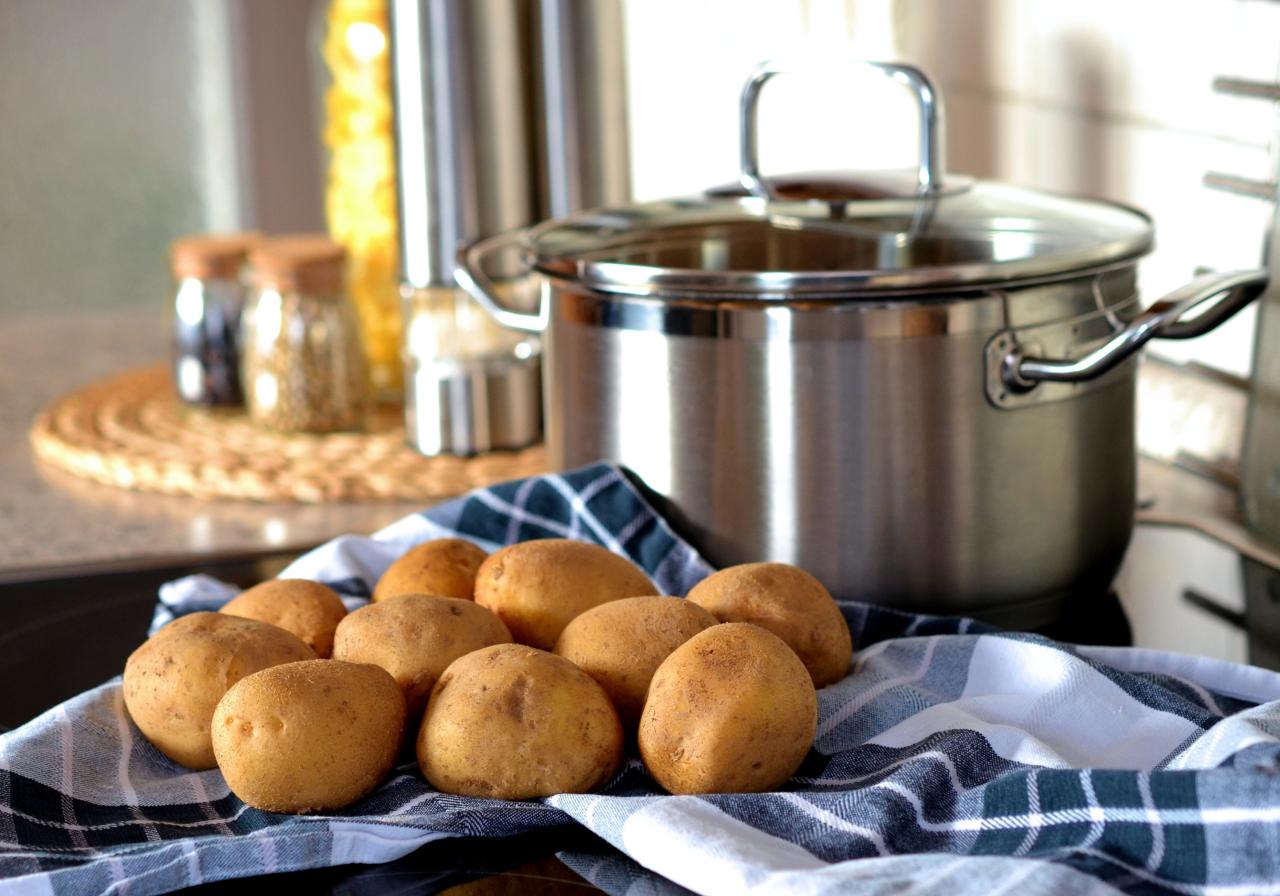Yes, you read that correctly, there are toxins in many of the cookware we commonly use. You can switch to veganism, only eat organic food, buy from fresh or local vendors only, but the toxins in your cookware can still get to you and your family.
Much of the cookware you use can leach chemicals in your food which can react with it. Many of these toxins can even be harmless in small quantities but letting them build up inside your body over time can damage your health.
How Can Cookware Toxins Harm Us?
Some of the very common toxins found in your cookware contain Aluminum, Teflon, Nickel, Copper, BPA, and Lead. Of course, everyone knows that lead is bad for us, but so are these other substances.
For example, Aluminum is a seemingly harmless metal and is quite inexpensive too, so people all over the world use aluminum cookware and containers. But did you know that Aluminum has proven to be a neurotoxin in the past couple of years? Aluminum ingestion can also be a precursor to Alzheimer’s disease.
Copper and Nickel are also reactive metals that can leach into food. While they might not be too harmful in small quantities, constant ingestion of these chemicals can cause liver damage, lung issues, and even some neurological effects.
Bisphenol-A is commonly found in plastic containers around the house and can cause various issues such as infertility, thyroid damage, and even promote obesity. This is why BPA-free plastics have now gained popularity.
What Is Safe Cookware?
Safe cookware options are becoming increasingly common in the market, and most of us should opt for them. These are some of the most common alternatives to find for any household:
Cast-Iron
Cast-iron cookware is meant to be high-quality cookware that some of the best chefs worldwide use. Cast iron is excellent for making juicy steaks; it also does not leach any toxic chemicals into the food, making the food safe to consume and as delicious as it can be.
Ceramic
Ceramic cookware also prevents the leaching of chemicals into your food, making it safe to consume.
Oxidized Aluminum
Oxidized Aluminum prevents the leaching of Aluminum in food, so if you must use Aluminum cookware, oxidized Aluminum is a much safer alternative.
Stainless Steel
Stainless steel containers and utensils are also unreactive and do not leach into food, making the food safe to consume.
Glass Containers
Glass containers are long-lasting that can be utilized for safe food storage, cooking, serving, and more. An added benefit of using glass containers is that glass is a strong durable non-toxic material that can easily be recycled.
Importance Of Cleaning Cookware
Remember that even safe cookware needs to be cleaned thoroughly if you want it to be safe to put food in. So clean pots, pans, and containers when you are done using them. Other than that, replace aluminum cookware every two years to prevent the safety coating from wearing off.
Do not store raw food with cooked food since it could cause cross-contamination. Do not store raw meat in containers you store cooked food in either. Being vigilant about what you put inside your body could help you and your family lead healthier lives.

